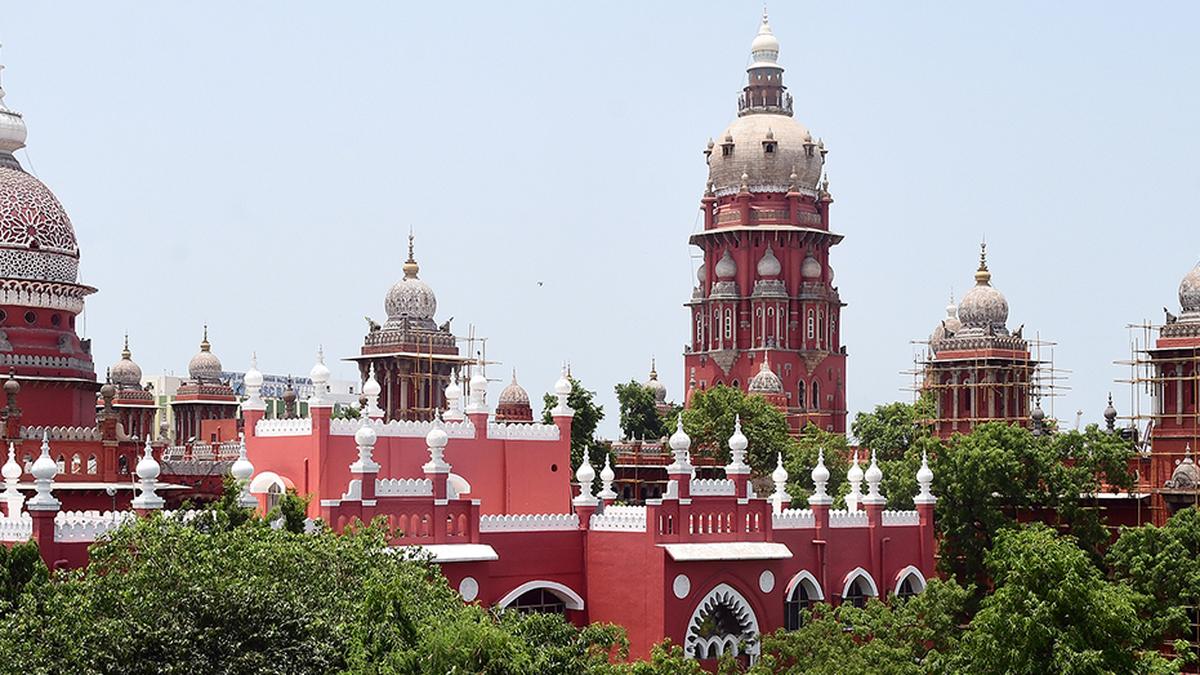
PIL filed against Mylapore Kapaleeswarar Temple land leased out to WIA since 1984
The Hindu
PIL filed in Madras High Court claims temple land leased at low rent; court directs government to respond.
A public interest litigation (PIL) petition has been filed in the Madras High Court claiming that 10 grounds of Mylapore Kapaleeswarar Temple land at Greenways Road in Chennai had been leased out to Women’s India Association (WIA) for a monthly rent of ₹3,000 since 1984.
First Division Bench of Acting Chief Justice D. Krishnakumar and Justice P.B. Balaji on Thursday directed N.R.R. Arun Natarajan, Special Government Pleader (Hindu Religious and Charitable Endowments Department) to take notice and file a counter affidavit to the PIL petition filed by temple activist T.R. Ramesh.
According to the petitioner, the Karpagambiga Sameta Sri Kapaleeswarar Swamy Temple had a recorded a history of over 1,500 years. He said, the temple was originally located near the seashore at Santhome but got vandalised by the Portugese invaders in 1516.
Thereafter, the Poonamallee Uyar Thuluva Velalar community re-established the temple at its present location in Mylapore and endowed vast extents of lands. At present, the temple owned about 842 grounds of land, valued at ₹4,210 crore, in various places across Chennai city, he said.
Accusing the HR&CE department of having failed to put the lands to good use and earn considerable revenue, the petitioner said, the temple should ideally be generating a revenue of over ₹200 crore per annum but its annual income was only around ₹8 crore including Hundial (donation box) collections.
In so far as the 10 grounds of land at Greenways Road was concerned, Mr. Ramesh said, a Government Order was issued on September 7, 2010 exempting WIA from paying fair rent fixed in 1999 and also reducing the monthly rent from ₹11,707 to ₹3,000 with restrospective effect from 1984.
Subsequently, another G.O. was issued on February 24, 2011 for extending the lease to WIA for a further period of 29 years and 11 months with effect from 2010. On February 13, 2013, the then HR&CE Commissioner recommended withdrawal of the 2011 G.O. but nothing had transpired till date, the litigant lamented.













